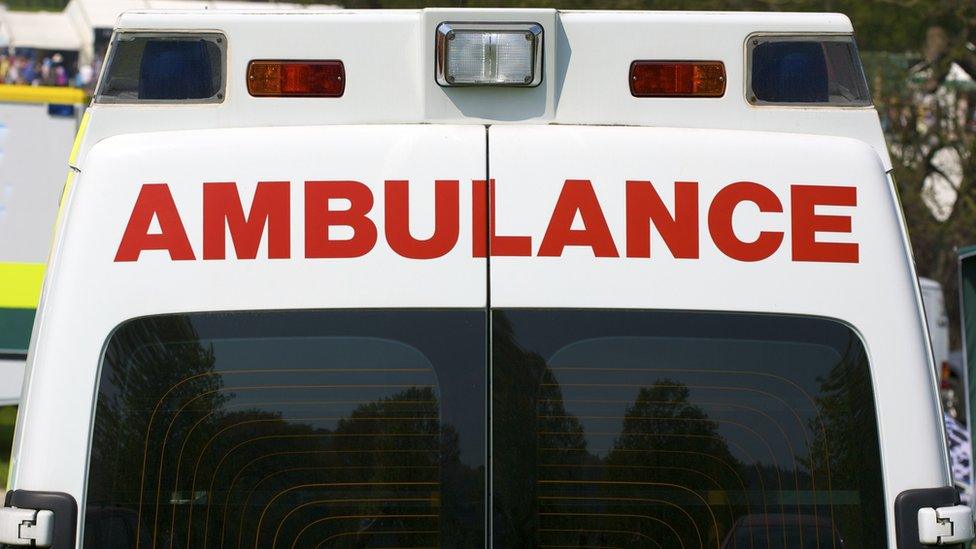Why the NHS has the winter blues in summer
- Published
- comments

Summer may still be in full swing, but already the NHS has its sights firmly set on winter.
The past two winters have been the worst for more than a decade with hospitals creaking under the strain. The four-hour waiting time target in A&E has been missed and record delays have been experienced in discharging patients.
In many ways, the health service has got lucky as flu levels have remained low. If they hadn't, the problems would have been much, much worse.
But the prospect of a full-blown winter crisis this time round is making everyone jittery - and so more effort than ever is being made to ensure plans are in place to help the health service cope.
Speedy discharge
This can be seen from evidence, external submitted by bosses at NHS England and the Department of Health to the House of Commons Health Committee as part of its inquiry into winter pressures.
The document outlines a range of new measures, including extending the flu vaccination campaign to school Year 3, better communication about what services are available as alternatives to A&E, increasing the number of clinical staff in the 111 urgent phone service and streaming patients at the front door of A&E by increasing the presence of GPs.
These measures will start being rolled out from October, while hospitals and the wider emergency care service have also been given the green light to take a series of other steps if they are under particular pressure.
As always, routine operations can be cancelled to release resources, but this year, ambulance services are being given more freedom to delay sending crews out and hospitals are being encouraged to send nursing teams into people's homes to allow them to be discharged more speedily. (Part of the reason they have found the last two winters difficult is that they have not been able to send frail patients home because of a lack of community care.)

Meanwhile, a specialist support team has been set up to help advise A&E units about other smaller scale measures they can take and - as has happened previously - a national crisis team is being established to step in if pressures grow so great they require national co-ordination.
But will all this work? Despite the extra money being ploughed into the NHS there is a shortage of staff, particularly in high-pressure environments like A&E.
"It is getting more and more difficult to cope each time," says Dr Cliff Mann, president of the Royal College of Emergency Medicine. "They are focusing on the right things, but all it will take is for something unexpected to happen and we are going to find it very difficult."